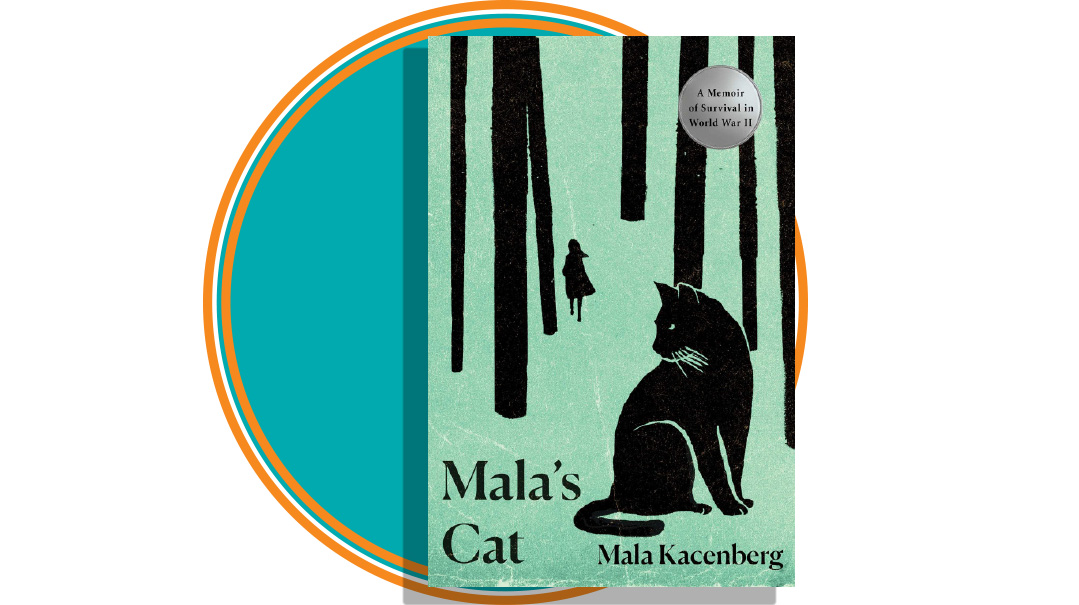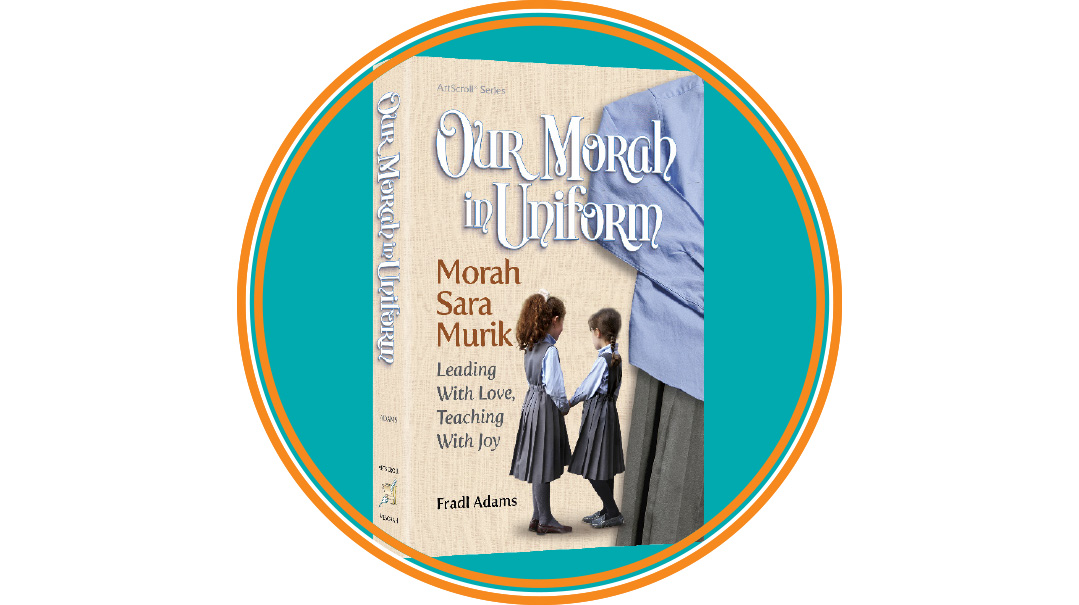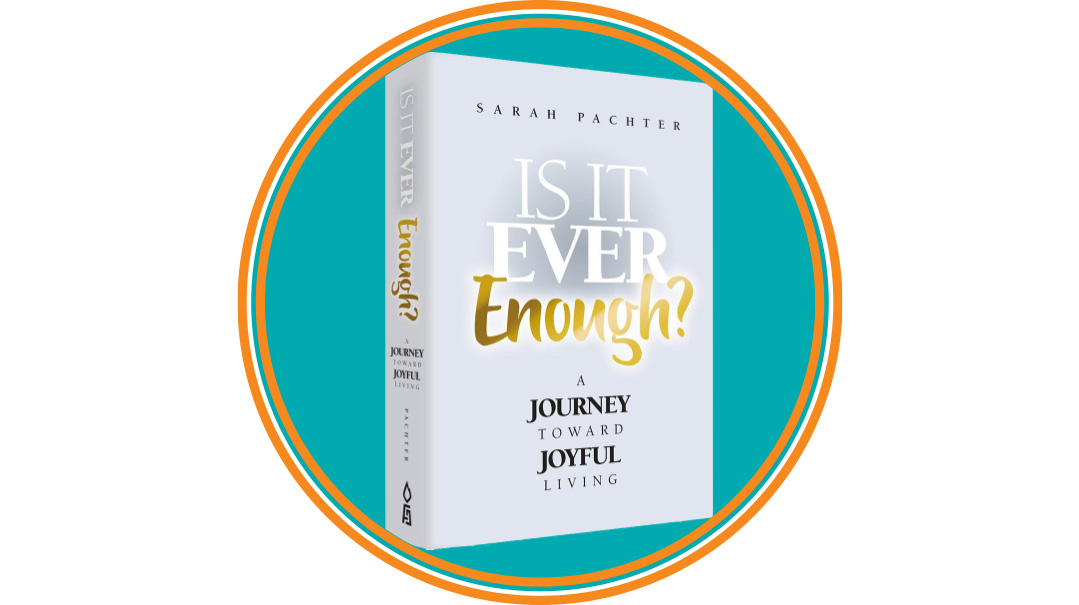Your Awesome Self
| August 14, 2019As humans, we have many different parts of our personalities. We also have weaknesses and wounds. But as Hashem’s people, we have an actual part of Him within us. That’s our Awesome Self

Book: Your Awesome Self
Author: Shterna Ginsberg
Publisher: Energized Living
This book was born
For many years, I struggled with insecurity and feelings of unworthiness. My worth seemed to depend on what others thought of me.
One day, through a stroke of Hashgachah, someone asked me to study the writings of the Baal HaTanya with her. At first, the learning didn’t interest me much. There didn’t seem to be anything practical or down-to-earth. The spiritual concepts were miles away from my own life.
But after a while, something huge started to shift for me. The spiritual concepts that had seemed so distant became close. Hashem’s Presence no longer seemed abstract. And with that, His Presence within me became meaningful and valuable. I started seeing myself as a carrier of His Light.
From there, my life started changing in a profound and beautiful way. It was like when you strengthen the foundation of a building, the whole structure benefits. My core was strengthened and everything in my life — marriage, parenting, work — got an upgrade, too.
I wished I could share this upgrade. That’s what inspired me to write the book.
It took me eight years to write it. When I first started, I knew the impact that the Baal HaTanya’s teachings had had on my own life, yet it felt almost like when you create something good in the kitchen without measuring the ingredients — you can’t reproduce it. It took time, many failed attempts, and a lot more learning to develop practical strategies and effective tools that other people could benefit from.
The significance of the title
Your Awesome Self reflects the essence of the book. As humans, we have many different parts of our personalities. We also have weaknesses and wounds. But as Hashem’s people, we have an actual part of Him within us. That’s our Awesome Self.
I believe that life can only be as good as we think we are. If we define ourselves by our external qualities or circumstances, the goodness in our life will be limited. But if we define ourselves by our inherent attachment to Hashem’s awesomeness and live from that place of dignity and empowerment, we can activate so much more goodness in our lives!
What I left unwritten
The book is a lot about relationships, and to explain the ideas, I share true stories and examples. I didn’t include many stories that relate to marriage, though, because marriage is such a delicate topic; it triggers our most intense emotions.
I knew that if I’d include those stories, readers would get distracted by the details of the stories, get emotional, and miss the message. Instead, I mostly wrote stories involving other relationships. Once a reader connects with a concept, she can apply it to any relationship, including marriage.
My writing space
My writing space is my laptop. I don’t even use a desk. Anything goes; the floor of my kids’ bedroom (or their beds) as they’re falling asleep, the couch, the recliner, the waiting room chairs of doctors’ offices, airports…
Undercover design
The book was designed by a talented 21-year-old bochur from Eretz Yisrael who does not speak or read one word of English. He created the design concept and the entire layout in the short breaks between his full-time learning.
I learned the power of writing when
My earliest experience as a writer was when the girls on our block played color war. I loved making up the songs. Since we mostly played on Shabbos, I composed them in my head, without pen or paper.
My greatest writing reward
Ever since I started learning how to let go of misery and self-pity, I’ve always wished there was a way to share that joy with others. It was such a strong desire!
Now, I feel great satisfaction that the book is out there. It’s wonderful to hand someone a little book that will uplift and empower them in a big way.
I wish I could show my work to
The Lubavitcher Rebbe, and hear his advice on it.
The hardest part to write
Definitely the beginning! I didn’t know where to start. I spent hundreds of hours trying different angles. Several times over, I shared my work with people, listened to their feedback, opened up a brand-new file, and started all over again. In the end, I started with my own personal experience. This gave me the opportunity to share an overview before diving into details.
Name Changes
The group of women with whom I learned this material weekly kept suggesting titles. Here are a few:
Awesome with a Twist of Maybe Not
G-d-Colored Glasses
Taste and See His Goodness
Dare to be G-dly
Life Is As Good As You Think You Are
The part of the process that surprised me I used to think that writing is a process in which you write the words you’re thinking. When I started writing, I was surprised to see that it’s the other way around. It wasn’t me putting words into writing, it was the writing that put the words into me.
If you’re not a writer, that probably sounds unreal. But it’s true. When I couldn’t think of how to write something, I’d just start writing anyway. Afterward, when I read what I’d written, it was as if I were reading something new. It was like getting a gift from Hashem, just for trying.
(Originally featured in Family First, Issue 655)
Oops! We could not locate your form.












